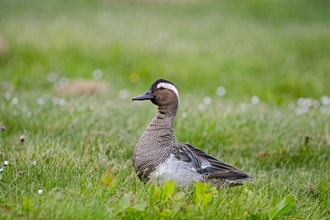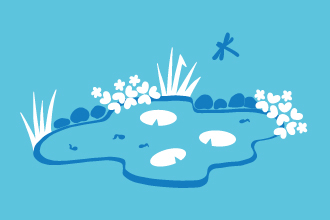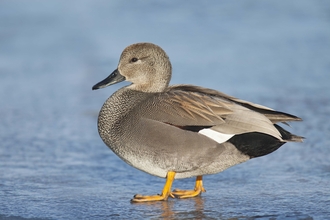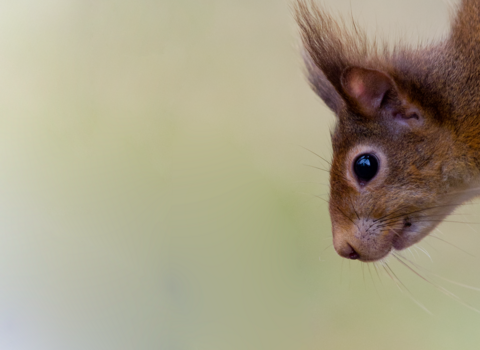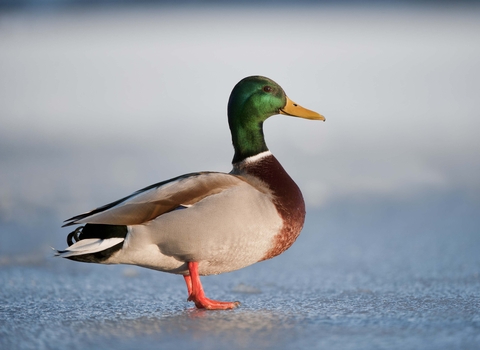
©Mark Hamblin/2020VISION
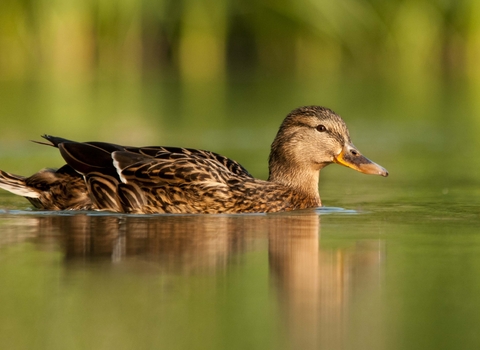
©Bertie Gregory/2020VISION
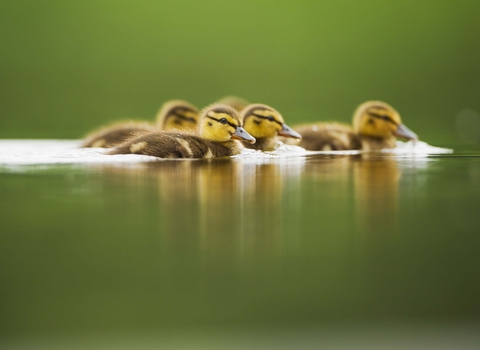
©Andrew Parkinson/2020VISION
Mallard
The much-loved mallard is our most familiar duck, found across town and country. If you're feeding the ducks please don't feed them bread - it's not good for them! Instead, they love eating sweetcorn, lettuce, oats and seeds.
Scientific name
Anas platyrhynchosWhen to see
January to DecemberSpecies information
Category
Statistics
Length: 55-62cmWingspan: 90cm
Weight: 970g-1.2kg
Average lifespan: 3 years
Conservation status
Classified in the UK as Amber under the Birds of Conservation Concern 5: the Red List for Birds (2021). Protected in the UK under the Wildlife and Countryside Act, 1981.
Habitats
About
The mallard is the most familiar of all the dabbling ducks, found right across Europe, Asia and North America. They have also been introduced to South Africa and Australia. Mallards are a common sight at our local parks and ponds, and are often very tame, being fed by the public regularly.How to identify
The breeding plumage of the male mallard includes a shiny green head, maroon-brown chest, yellow bill and curly black feathers just above the tail. Female mallards are brown and mottled in comparison.Distribution
Our commonest duck, found throughout the country on any body of water.Did you know?
The mallard is the ancestor of most domesticated, farmyard ducks. Male and female mallards looks so different that they were originally thought to be different species!Watch
Mallards (https://vimeo.com/447458268)
Mallards by Tom Hibbert

